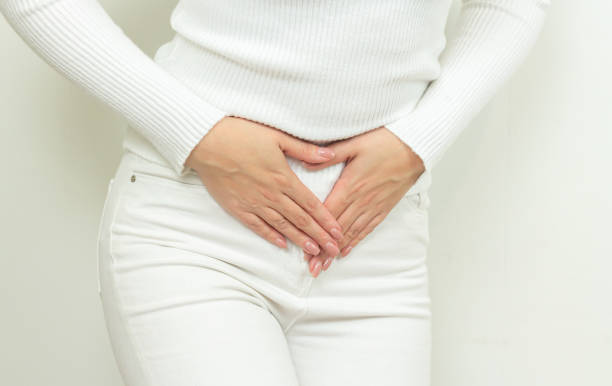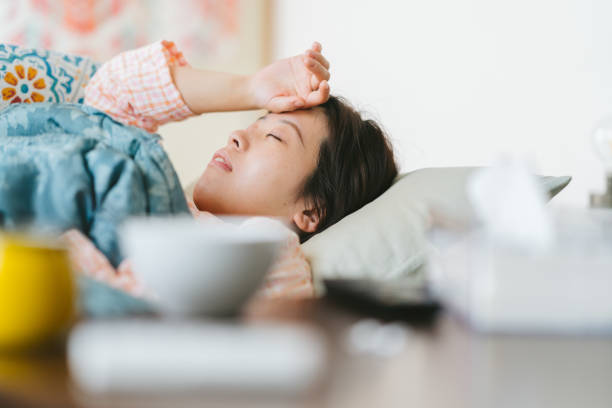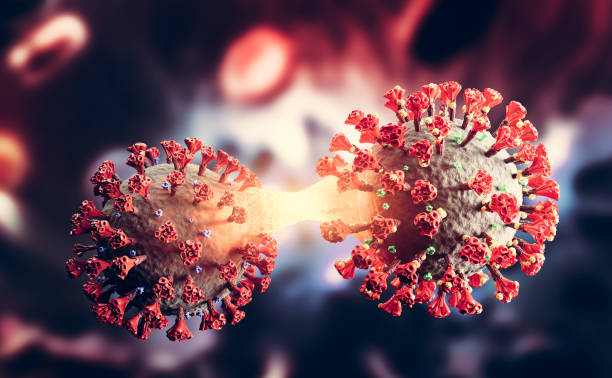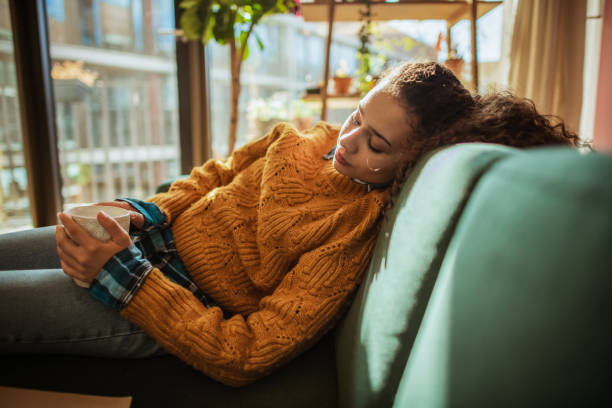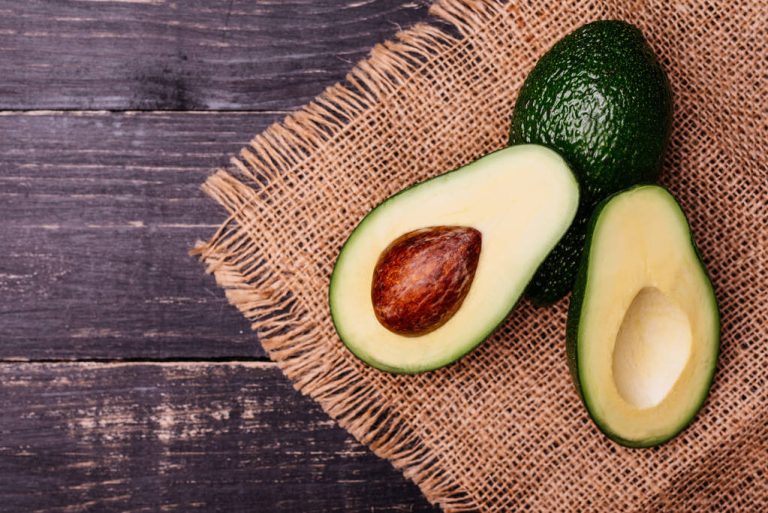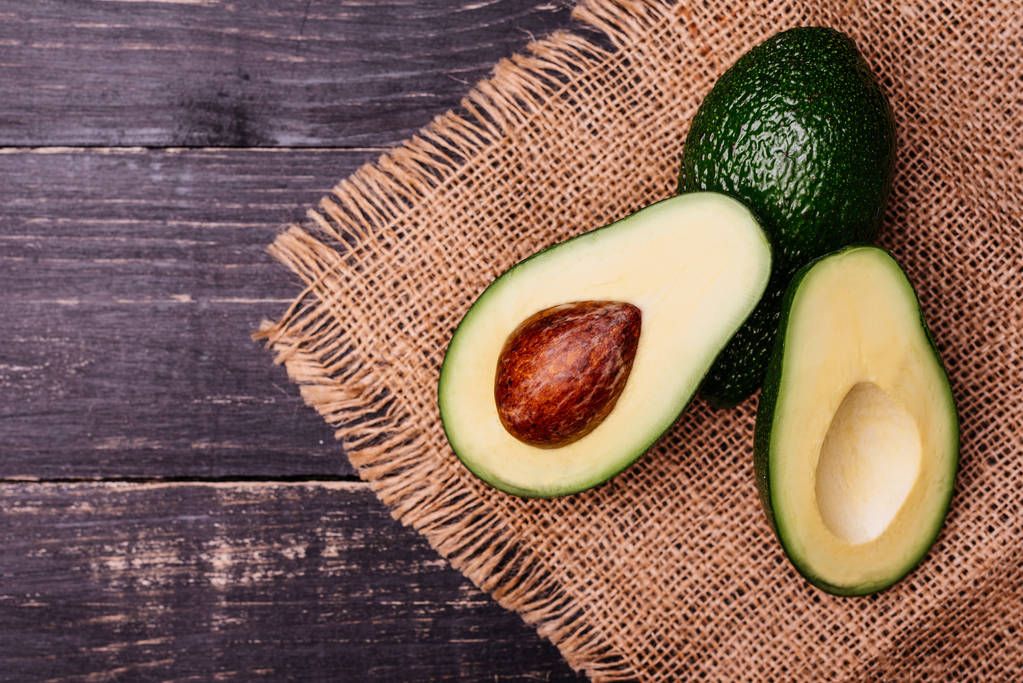Useful tips for circulatory problems and circulatory problems in summer. We have collected tips for you on how to counteract circulatory problems in the summer. For a trouble-free summer.
A heatstroke in the summer quickly ruins the fun. In addition to drinking enough water, here are other simple and helpful tips for enjoying the beautiful weather without circulatory problems. So that you can effectively avoid circulatory collapse in summer.
Causes of circulatory problems
Who does not know it? Sudden weakness and dizziness occur, especially in summer or on a nice summer vacation. Because the causes of circulatory problems are often high temperatures, humidity, and insufficient air movement. This is how our body reacts to these external circumstances. This can lead to regulatory disorders. The consequences are dizziness, sweating, fainting, or even heat stroke.
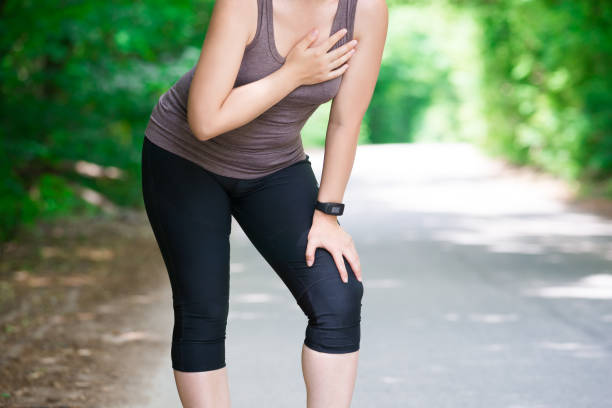
Home remedies for circulatory problems
Many people suffer from circulatory problems, especially the elderly. But young people can also be affected. So that you don’t spoil your summer or your wonderful vacation, we have collected some tips for you. In the following, we will show you the best tips against circulatory problems in summer. We also show the do’s and don’ts when it’s hot.
1) Avoid the midday heat if you have circulatory problems
Since the sun is at its highest at midday, its rays hit the earth and our skin with maximum energy. Consequently, the heat effect is greatest at this time. To protect your body, you should avoid the midday sun. Accordingly, moving sports or gardening to the early morning or late evening hours. If it’s still very warm, treat yourself to a lazy day. To ensure a good climate in the apartment, ventilate at the times of day mentioned and keep the windows closed during the day. You can also avoid sunburn and prevent burns.
2) Be careful with the circuit even when it is cloudy
Likewise, you should not underestimate the risk of circulatory problems in bad weather. Because heat and humidity can be high even during the day. And high humidity can also overheat us. Because it’s hot, we sweat. However, since the air is already saturated with water, our sweat cannot evaporate and cannot cool us down. As a result, heatstroke can occur unexpectedly. Therefore, you should also follow the above tips when it is cloudy. You can also read our article on sport and fitness in summer despite the heat.
3) Drink a lot if you have circulatory problems
Drinking enough is essential when it’s hot because sweating is the body’s own cooling system. But that requires water. If you are exposed to the heat for a long time, you lose water through sweating. As a result, your body temperature can no longer be regulated. Due to the lack of liquid, the blood supply to the brain is reduced – this leads to dizziness and fainting.
Accordingly, you should drink up to 3 liters a day! You should also drink mostly lukewarm water. Because juices and soft drinks do not have such a hydrating effect because of their sugar or sweetener content. The only exception is apple juice spritzer – a glass a day gives the body back the minerals lost through sweating. The drink should not be ice cold. Because it irritates the stomach lining. Also, note our post on causes and help for night sweats.
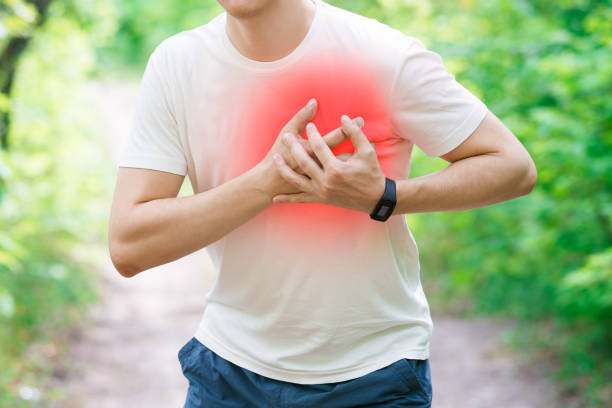
4) Take a warm shower to prevent circulatory problems
A short, warm or hot shower without rubbing dry will leave your skin feeling pleasantly fresh. In addition, warm water evaporates faster than cold water and takes heat with it, so it cools down. In addition, you can stimulate your circulation with a morning contrast shower. All you have to do is alternate between hot and cold showers. This is generally an effective home remedy for circulatory problems. And it’s easy to integrate into your everyday life.
5) Wash with mint tea
The effective and healing peppermint can also help to alleviate circulatory problems. This is because mint contains volatile essential oils. On the skin, they absorb heat and leave a cool tingling sensation. So make yourself a pot of mint tea. Then let it cool down a bit and wash off with the tea. This can provide relief from the heat, especially when sleeping. Peppermint tea can also be a good home remedy for abdominal pain.

